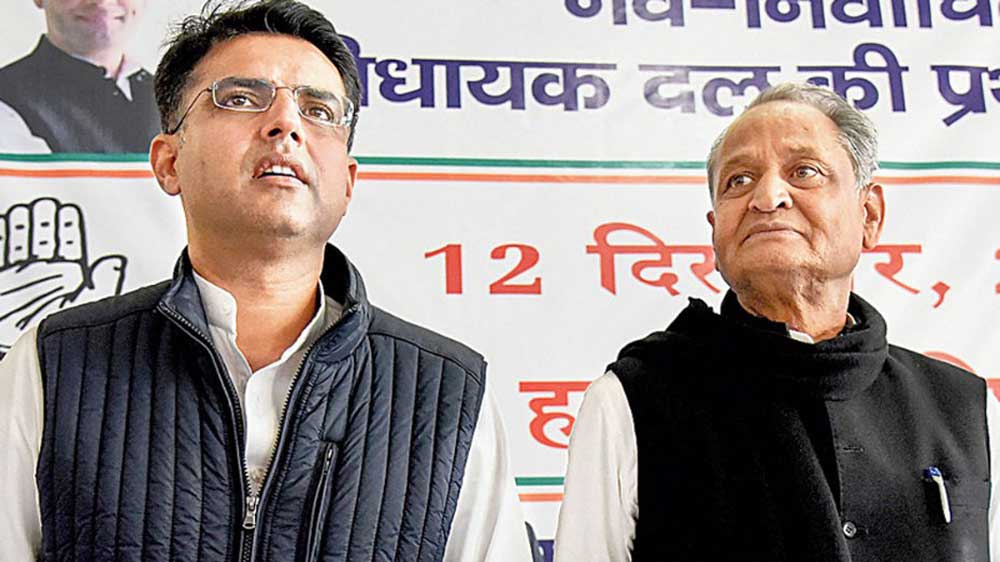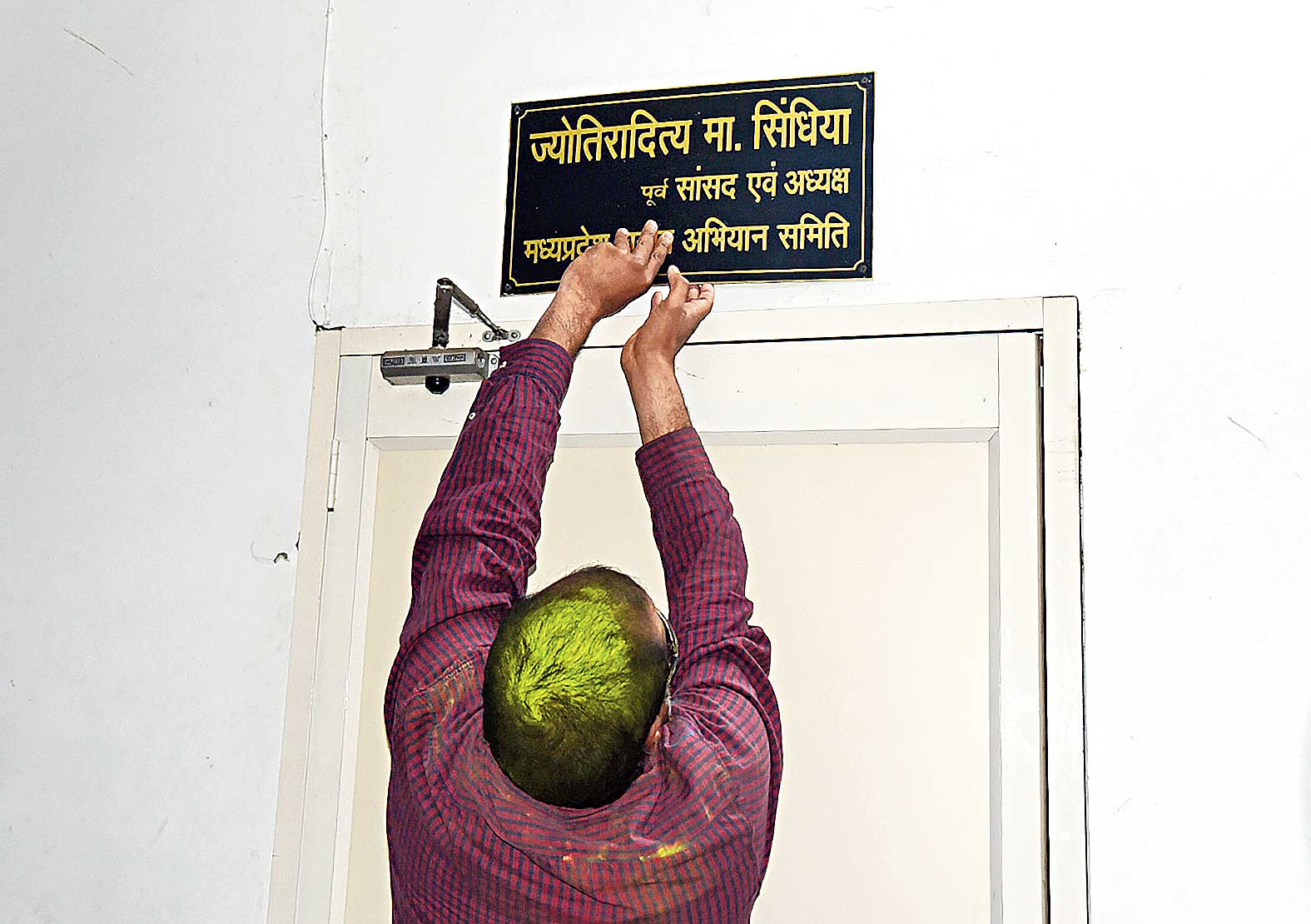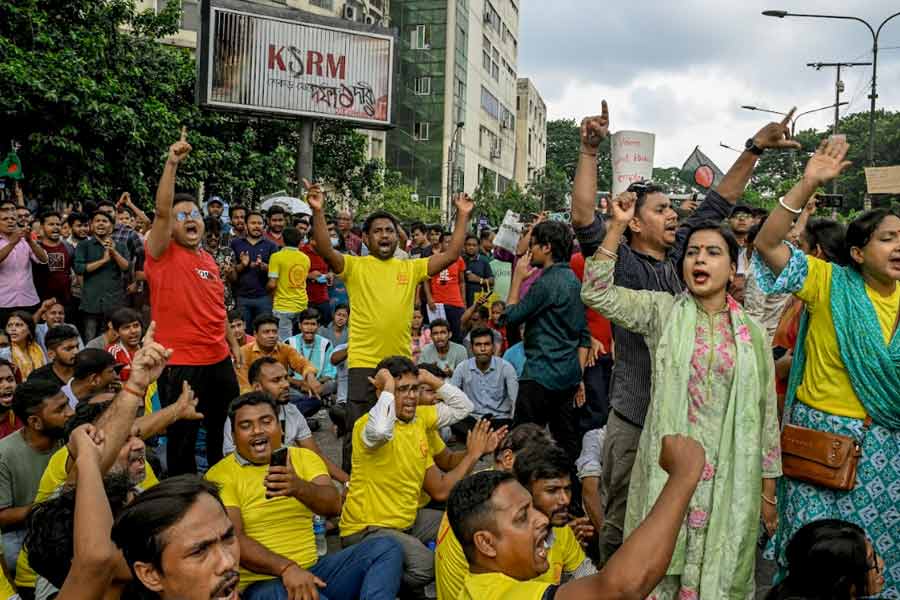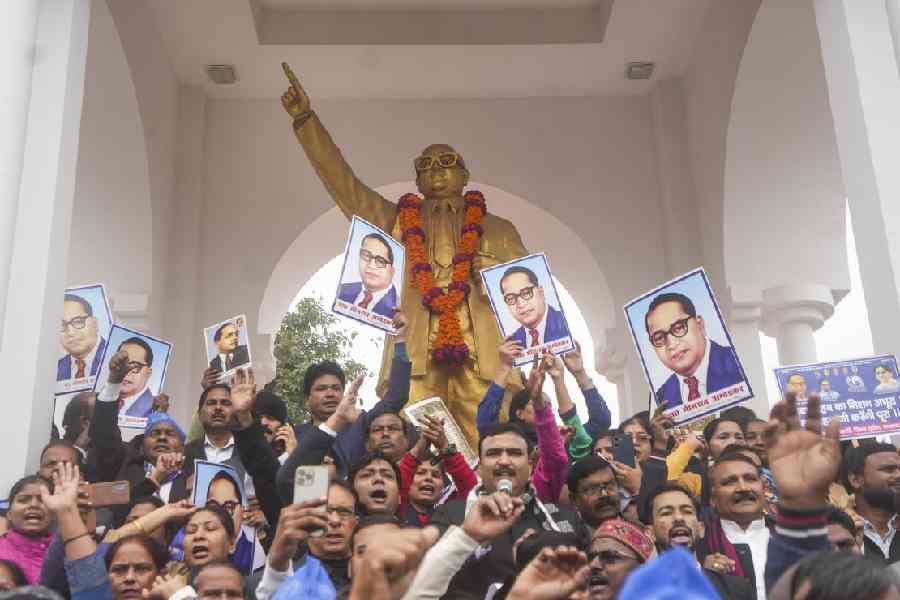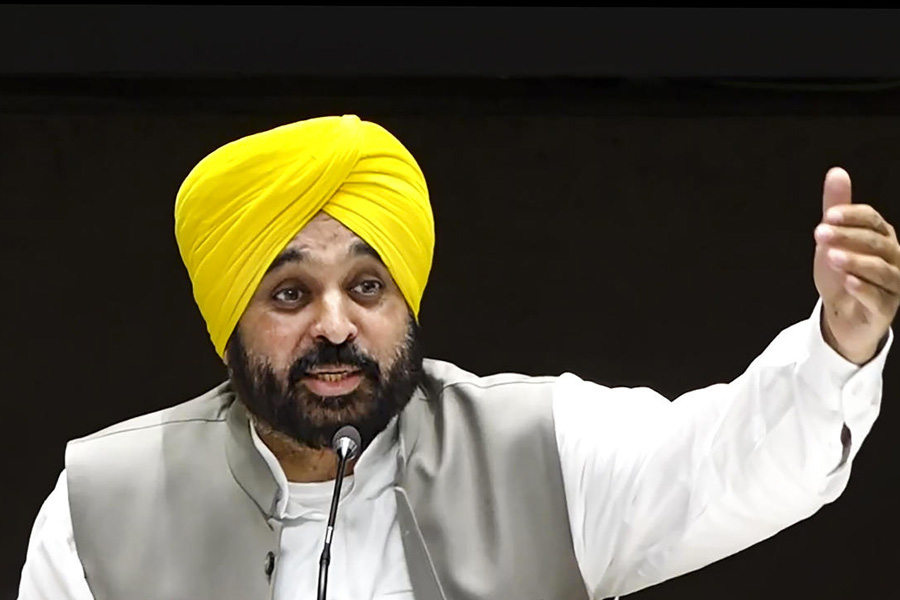The lotus, it is said, blooms in a dirt pond. Miffed Congressmen would argue that the decision by Jyotiraditya Scindia, a Nehru-Gandhi ‘loyalist’, to join the Bharatiya Janata Party — the lotus is its electoral symbol — is an example of the rotten world of politics. But the Congress has a lot to answer for. Mr Scindia, evidently, had been nursing a grudge after the party high command decided to hand over the reins of Madhya Pradesh, a state that the Congress had wrested from the BJP, to Kamal Nath. Mr Scindia’s switch has now threatened the survival of Mr Nath’s government. The loss of Madhya Pradesh could, it is believed, lead to a domino effect, clouding the survival of state governments led by the Congress or by non-BJP parties in coalition with the Congress — Maharashtra being the case. The Congress may point a finger at its principal rival for encouraging defection; the BJP, after all, is an adroit poacher. Karnataka, where the Congress shared power with the Janata Dal (Secular), had been toppled by ‘Operation Lotus’. But the truth is that factionalism, which has reared its head in Madhya Pradesh, has been the Congress’s proverbial Achilles’ heel. Rivalry among ambitious regional leaders — there is no love lost between Mr Nath and Mr Scindia in Madhya Pradesh, while in Rajasthan Ashok Gehlot and Sachin Pilot are not known to be friends — has cost the party heavily. A rudderless high command — is the interim Congress president on the same page as her son and former president on crucial matters? — and the simmering tensions between the Old Guard and the Young Turks are some of the likely causes of the implosion. The Congress and its embattled leadership must find radical ways of reinvigorating the party and its base. Otherwise, the Congress, the Grand Old Party of India, would be given a burial by the people.
But there is also a moral explanation for Mr Scindia’s defection. Political fidelity is influenced by ideological moorings. The ideological strength of the modern leader seems to have been sapped by the perks of power. What else can explain the ease with which Mr Scindia chose to embrace an ideology that is in conflict with his professed vision. Service to the people — the original goal of politics — has been replaced by service to the self. No political party in India is immune to this amoral contagion, which is leading to the people’s mandate being violated, time and again.

